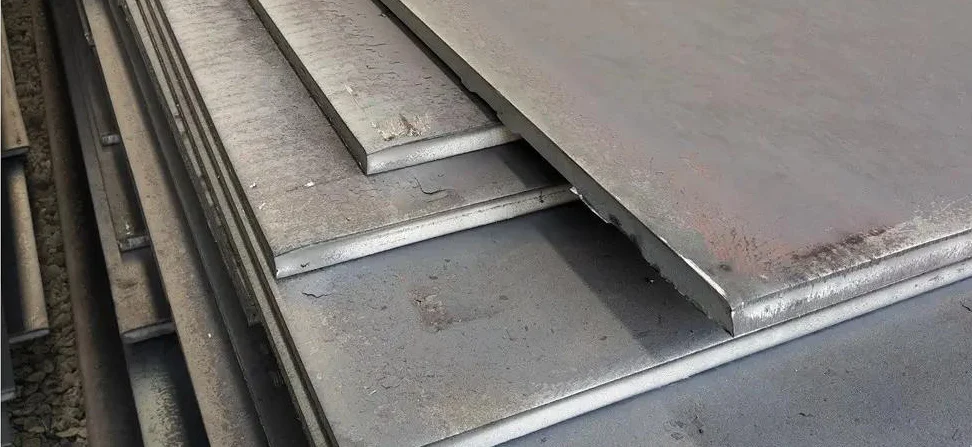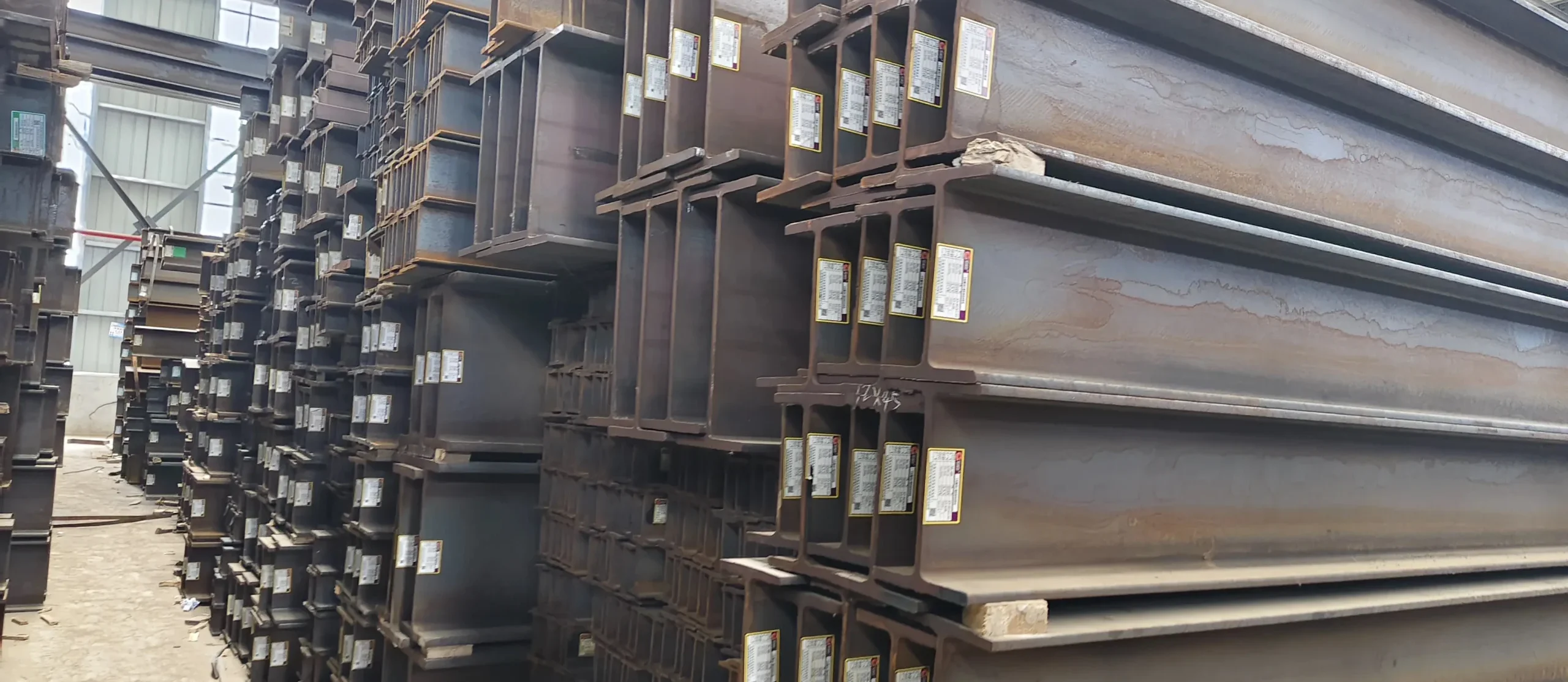Why Does Stainless Steel Rust? What Will Cause The Strength Of Stainless Steel To Weaken?
When brown rust spots appeared on the surface of stainless steel, people were amazed: “Stainless steel will not rust, rust is not stainless steel, it may be a problem with steel.”
In fact, this is a one-sided misconception about the lack of understanding of stainless steel. Stainless steel will also rust under certain conditions.
Stainless steel has the ability to resist atmospheric oxidation, that is, rust, and also has the ability to resist corrosion in a medium containing acid, alkali, and salt, that is, corrosion resistance. However, the amount of corrosion resistance varies with the chemical composition of the steel itself, the state of each other, the conditions of use, and the type of environmental medium.
For example, material 304 has absolutely excellent corrosion resistance in a dry and clean atmosphere, but it is moved to the seaside area and will soon rust in sea fog containing a large amount of salt. Therefore, it is not any kind of stainless steel that can resist corrosion and rust at any time.
Stainless steel is a very thin and strong and stable chromium-rich oxide film (protective film) formed on the surface to prevent oxygen atoms from continuing to infiltrate and continue to oxidize, thereby obtaining corrosion resistance. For some reason, the film is constantly destroyed. The air or liquid neutralizes the oxygen atoms and the iron atoms are continuously separated out to form loose iron oxide. The metal surface is also continuously Corroded.
There are many forms of such surface film damage, and the following are common in daily life:
- 1. The surface of the stainless steel accumulates dust or other metal particles attached to other metal elements. In humid air, the condensed water between the attached material and the stainless steel connects the two into a micro battery, triggering an electrochemical reaction. The protective film is destroyed, which is called electrochemical corrosion.
- 2. The surface of the stainless steel adheres to the organic juice, which forms an organic acid in the presence of water and oxygen, and forms an organic acid to corrode the metal surface for a long time.
- 3. The surface of the stainless steel adheres to acid, alkali, and salt substances (such as alkaline water and lime water sprayed on the wall) to cause local corrosion.
- 4. In the polluted air (the atmosphere containing a large amount of sulfides, oxides, hydrogen oxide), in the case of condensed water, sulfuric acid, nitric acid, acetic acid liquid spots are formed, causing chemical corrosion.
All of the above can cause damage to the stainless steel surface protective film and cause corrosion. Therefore, in order to ensure that the metal surface is permanently bright and not rusted, we recommend:
- The decorative stainless steel surface must be cleaned and scrubbed frequently to remove the deposits and eliminate external factors that cause corrosion.
- There is a kind of 201 and 202 stainless steel on the market which is easy to rust in the coastal area, suitable for use in the environment without industrial pollution and air corrosion.
- The waterfront area should be made of 304 stainless steel, which is resistant to seawater corrosion.
Posted by stainless steel tubing supplier and stainless steel pipe supplier KAYSUNS.




